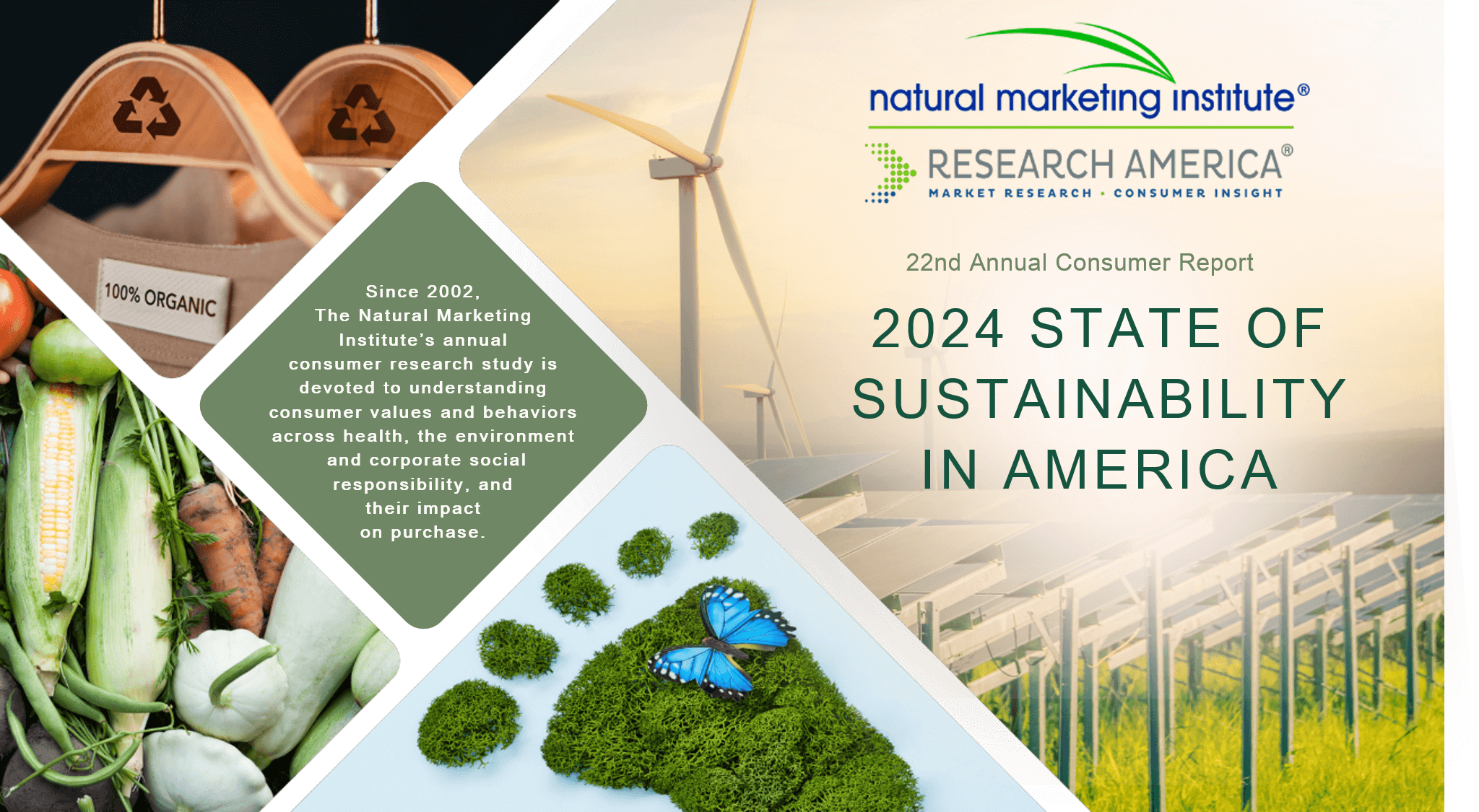2024 Sustainability Market Research Consumer Trends Report
135+ pages of the Natural Marketing Institute’s research, a study supported, providing current consumer insight with market research data and analysis, including charts, graphs, and illustrations!
Site License: Includes PDF, PPT with access to charts and site rights for internal network usage across one company BRAND/location.
Price: $15,000 Order Report
Sustainable Trends - 22 Years of Marketplace Consumer Insights
The 2024 State of Sustainability in America Report, now in its 22nd year, measures and describes the marketplace for sustainable products and services, the consumers who use them, consumers’ expectations of corporate behavior, and attitudes toward environmental and social issues. In addition, it uncovers consumer motivations and the challenges they encounter in their pursuit to become increasingly aligned with a more sustainable lifestyle.
While challenges may exist regarding the relevance of sustainability in a world which is defined by increasing global unrest, social inequities, historically high inflation and concern over future pandemics, many of the latest findings provide evidence that sustainable ideals and attitudes have taken on a higher level of acceleration and importance in consumers’ mindset. Even further, data results show that consumers expect other entities such as governments and companies to step up and ensure the progress that has been made in sustainable initiatives will continue, even during trying times, in order to protect the very existence of the planet and its inhabitants.
Consumers are also making purchasing decisions based on a growing set of values-based qualities from toxin-free to fair trade. Therefore, the need for an understanding of consumer drivers that affect behavior patterns has never been stronger.
In this report, we uncover the insights into what may lie ahead and provide perspective on the trends within the sustainability market from a consumer point of view.
Some of the Sustainable topics covered in the report:
- Consumer insights regarding the health of the planet and what issues resonate most with them
- Concerns about global warming and planetary survival
- How segments within society view sustainability differently and what motivates this differentiation
- Behaviors consumers are adopting and challenges they have to live more sustainably
- Consumer attitudes toward plastic waste and packaging
- Interest in corporate initiatives and impact on purchase
- Growth of natural and organic product use
- …and much more
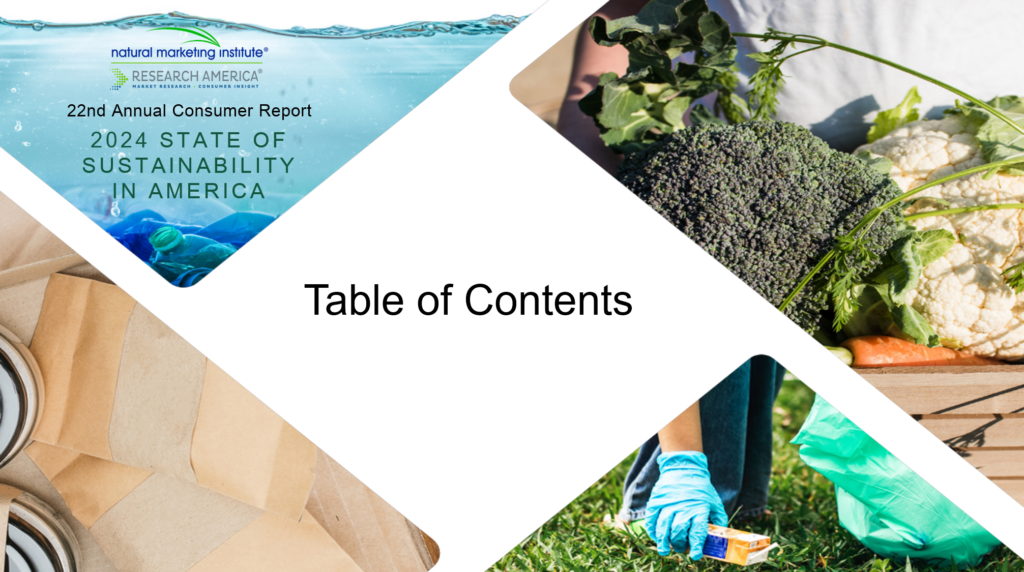
U.S. Sustainability Consumer Trends Database Overview
Other Natural Marketing Institute Databases Used in Report
Definitions of Groups in Report
Introduction
Sustainability Trends and Insights
Sustainable Conviction: Moving the Needle
Managing Inflation: Doubling Down on "Green"
Close to the Tipping Point: Eco-Anxiety
Carbon Labeling: It Can Be Offsetting
Universal Certification: All for One and One for All
Environmental Social Governance 2.0: Widening the Scope
Less is Better: Recycling Is Not the Answer
Emerging Agriculture: Healthy Soil, Healthy Life
Plant-Based Diet: "Mooooove" Over

Sustainability Segmentation
Sustainability Segmentation Model Methodology
Shades of Green
Segmentation Overview
LOHAS Consumer as Environmental Steward
Environmental and Social Engagement
Influential and Early Adoption Behavior
Sacrificing for the Environment
Personal and Planetary Linkage
Effect of Inflation across Segments
"Green" Purchases vs. Price
LOHAS Leaders and Followers
LOHAS Leaders and Followers Profile
Leaders and Followers "Green" Purchase vs. Price
Interest in a Companies' Initiatives
Trended Segment Composition
The LOHAS Consumer Profile
The NATURALITES Consumer Profile
The DRIFTERS Consumer Profile
The CONVENTIONALS Consumer Profile
The UNCONCERNEDS Consumer Profile
Demographic Summary Across Segments

Consumer Insights on the State of the Planet
Perceptions of Planet's Tipping Point
Optimism Toward Reversing Climate Change
Perception of Personal Ability to Help Environment
Concern about Environmental Issues
Trended Concern about Environmental Issues
Factors Consumers Believe Will Destroy Life on Earth
Factors Consumers Believe Will Destroy Life on Earth-Trended
Factor: Plastic in Environment
Factor: Disease
Factor: Global Warming
Factor: Depletion of Natural Resources
Factor: Lack of Biodiversity
Factor: Meat from Animals
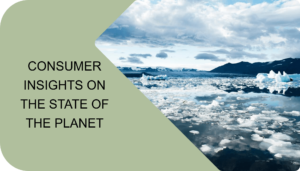
Waste, Packaging & Recycling
Concern about Personal Waste Production
Awareness of a Circular Economy
Concern about Food Waste
Conservation and Reuse Behaviors
Concern over Excessive Packaging
Preference for Environmentally-Friendly Packaging
Interest in Companies' Packaging Initiatives
Environmental-Friendliness Ratings of Packaging Types
Ratings of Least Environmentally-Friendly Packaging Types
Desire for Lowered Plastic Use across Restaurants and Retailers
Preference for Material Other than Plastic
Preference for Refillable Options
Attitudes toward Refillable Packaging
Frequency of Recycling across Packaging Types
Recycling Skepticism

Personal Sustainability Action
Concern about Inflationary Prices
Impact of Current Economy on Sustainable Behavior
Concern about Environmental Protection
Positive Sustainable Behavior Change due to Economy
Willingness to Make Personal Sacrifices for the Environment
Sacrificing for Environment vs. Personal "Green" Lifestyle
Impact of Environment on Purchase Decisions
Sustainable Behaviors regarding Packaging
Sustainable Behaviors regarding Toxins
Sustainable Behaviors regarding Alignment with Company Initiatives
Sustainable Behaviors with Double-Green Benefits
Sustainable Behaviors regarding Conservation
Purchase Intent of an Electric or Hybrid Vehicle
Influencing Behavior regarding E-Friendly Purchases - Trended

Good Corporate Citizenship: Being Accountable
Importance of Corporate Citizenship
Impact of Corporate Citizenship on Loyalty and Purchase
Boycotting Behavior
Interest in Corporate Environmental Initiatives
Interest in Corporate Social Initiatives
Impact of Causal Initiatives
Need for Proof of Environmental Claims
Methods to Determine Corporate Sustainability Actions
Methods to Determine Corporate Sustainability Actions by Generation
Perceptions of Heightened Product Value due to Sustainable Initiatives
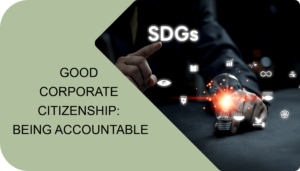
Social Sustainability and Responsibility
Interest in Socially Responsible Business
Concern for Socially Responsible Initiatives
Preference to Purchase from Socially Responsible Companies
Interest in Corporate Initiatives regarding Inclusiveness and Female Empowerment
Interest in Corporate Initiatives regarding Local Community Support
Interest in Corporate Initiative regarding Global Workers
Interest in Protecting the Rights of Workers
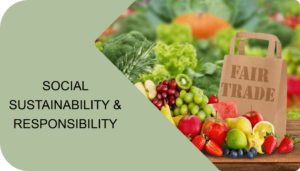
Product Purchase Drivers
Influencers to Sustainable Purchase
Growth in Influencers to Sustainable Purchase
Skepticism and Confusion about Sustainable Purchasing
Impact of Sustainable Certifications on Purchase Recognition and Understanding of Certifications
Impact of Certifications on Purchase
Impact of Regenerative & Organic Certifications on Natural/Organic Category Purchase
Understanding of the Benefits of Regenerative and Organic Certifications
Ratings of Trustworthiness of Certifications
Interest in a Universal Certification

Sustainable Product Purchase
Concern about Chemicals in Product Categories
Frequency of Chemical Monitoring across Categories
Environmental Impact of Product Life Cycle Stage
Concern for Fertilizers and Pesticides in Agriculture
Household Penetration of Organic Foods/Beverages
Importance of Food and Beverage Attributes
Likelihood to Purchase Plant-Based Foods
Purchase of Conventional, Natural or Organic Personal Care Products
Growth in Natural or Organic Personal Care Purchase
Growth in Importance of Personal Care Attributes
Interest in Purchasing Environmentally-Friendly Personal Care Categories
Purchase of Conventional, Natural or Organic Household Products
Growth in Natural or Organic Household Product Purchase
Growth in Importance of Household Cleaning Product Attributes
Interest in Purchasing Environmentally-Friendly Household Product Categories
Barriers to Environmentally-Friendly Product Purchase
Extent of "Green" Product Purchase
Impact of Price on Sustainable Product Purchase - Trended
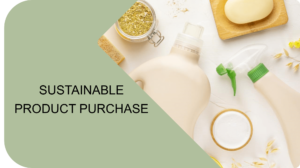
Perspectives on Shopping Sustainably
Trended Channel Shopping
Trended Channel Shopping: General Population vs. LOHAS
Shopping at Dollar Stores
Trended Grocery Store Shopping
Increased Use of Store Brand Food/Beverages
Shopping at Thrift Stores
Sustainable Initiatives Which Prompt Increased Store Shopping
Sustainable Initiatives Which Prompt Increased Store Shopping by Generations

Sustainability Segmentation Model Methodology

Development of the Institute’s unique and proprietary segmentation model began with evaluating over 170 different attitudinal and behavioral variables, later narrowed to approximately 21. A k-means clustering method was used. Cluster centers were defined as dense regions in the multivariate space based on a k-means segmentation of the attitudinal variables from the Institute’s Sustainability Consumer Trends Database survey.
This segmentation can be used to identify and predict segment membership as part of a quantitative extrapolative analysis of future consumer behavior.
5 Unique Segments: each segment is mutually exclusive and is designed to have the maximum differentiation between consumer groups and
Ready to find out more? Kindly Contact Us Today!

